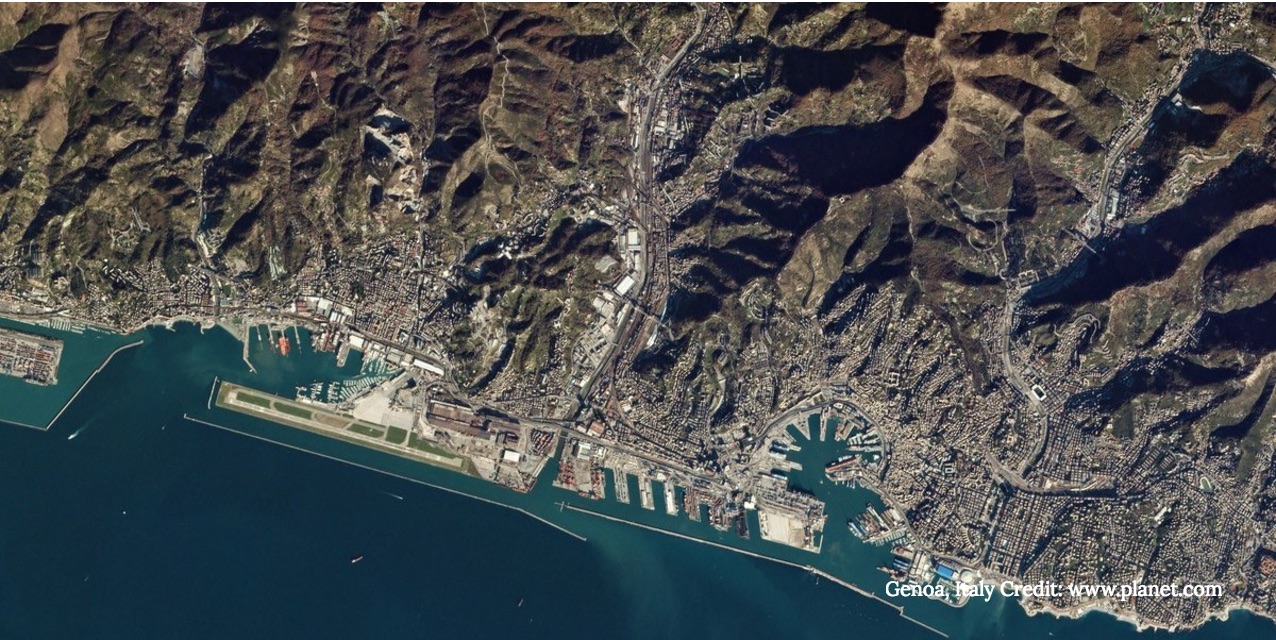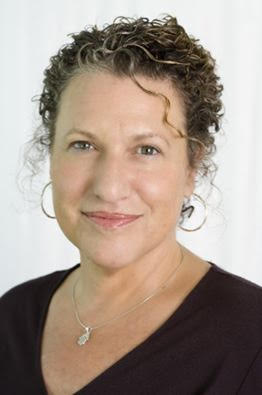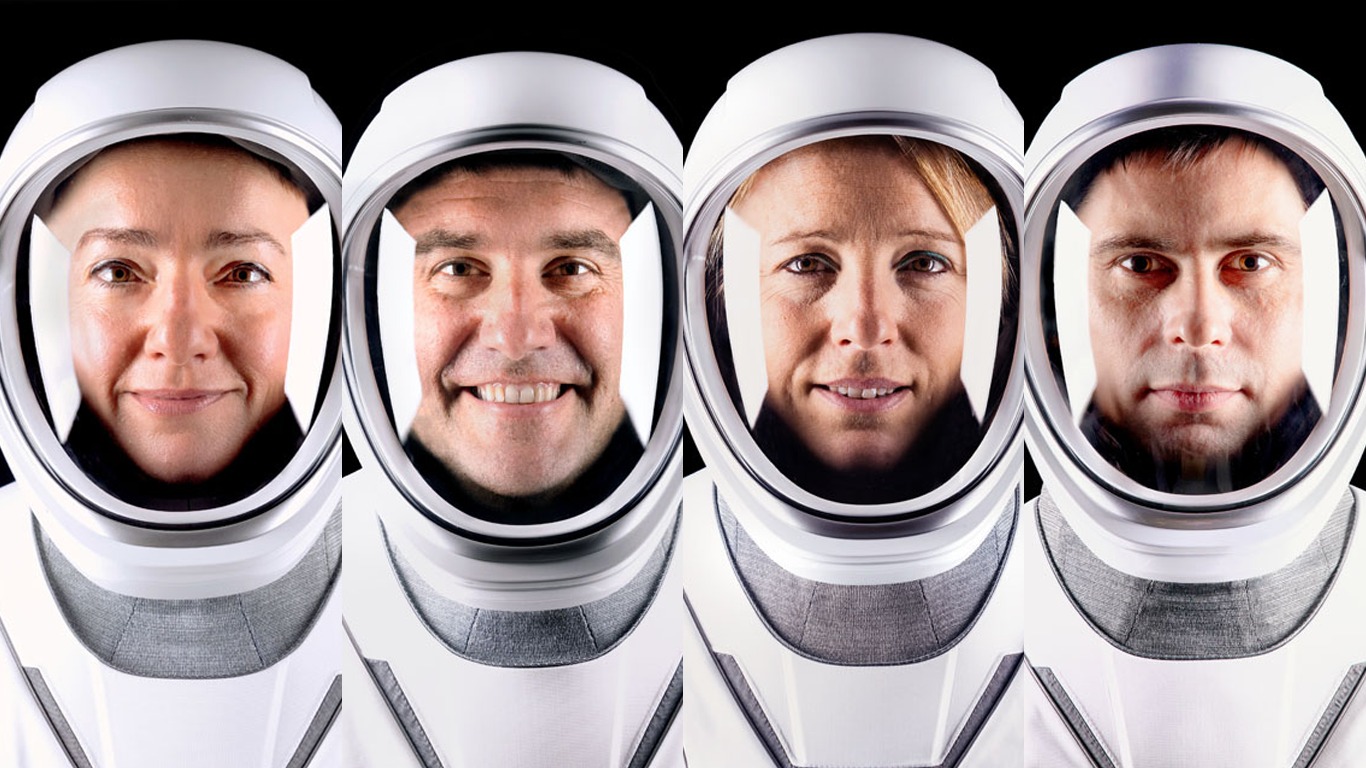This Company Is Poised to Generate Satellite Images of the Entire Earth — Every Day

With 88 new shoebox-sized satellites now circling Earth, San Francisco-based Planet will be able to image every piece of land on Earth every day.
The latest flock of Planet's Dove satellites blasted off aboard an Indian PSLV rocket Tuesday night. The 88 newcomers expand Planet's constellation to 149 satellites in orbit, not including seven higher-resolution imagers it will acquire as part of its purchase of Terra Bella from Google's parent company, Alphabet.
The sale, announced earlier this month, is pending regulatory approval, said Planet chief executive Will Marshall.
Why so many satellites? Planet's business plan is to acquire daily imaging of the entire Earth land mass so companies, governments and researchers can better understand the changing planet, Marshall told Seeker.
"It's a massive change — a 1,000-fold increase in data rates," he said.
RELATED: Indian Rocket Prepares to Launch 104 Satellites at Once
The company, founded in 2010 by three former NASA scientists, already has contracts with more than 100 clients, exceeding its expectations for 2016.
Breaking space news, the latest updates on rocket launches, skywatching events and more!
Once the new satellites are operational in about three months, Planet will be able to offer daily imaging worldwide, a service the company suspects will be in high demand.
"It's hard to know exactly. It's a big bet in a way, but we have seen a lot of interest in this data set. We wouldn't have built the constellation if we didn't think there was a huge market," Marshall said.
So far, Planet is selling imagery to three main types of customers: agriculture, government and internet companies wanting more up-to-date pictures for consumer maps.
"We can tell crop yield on a pixel-by-pixel basis for every farm around the world," Marshall said. The data is being used to precisely manage where and what to grow and when to plant, water, fertilize and harvest crops.
RELATED: New Weather Satellite Shows Stunning View of Earth
Governments are interested in the images to support services ranging from disaster response to urban planning. Brazil and Mexico buy the data to track deforestation.
The company declined to disclose what it cost to build and fly the network.
Unlike traditional satellite manufactures, Planet is less interested in how reliable they can make each satellite than in getting as many as possible into orbit.
"We put the latest technology on and throw it into space," Marshall said. "We launch more than we need and if one or two fail it isn't the end of the world."
Planet is preparing another 48 more Dove spacecraft for launch this summer.
WATCH: Did Earth Always Have Water?
Originally published on Seeker.

Irene Klotz is a founding member and long-time contributor to Space.com. She concurrently spent 25 years as a wire service reporter and freelance writer, specializing in space exploration, planetary science, astronomy and the search for life beyond Earth. A graduate of Northwestern University, Irene currently serves as Space Editor for Aviation Week & Space Technology.
